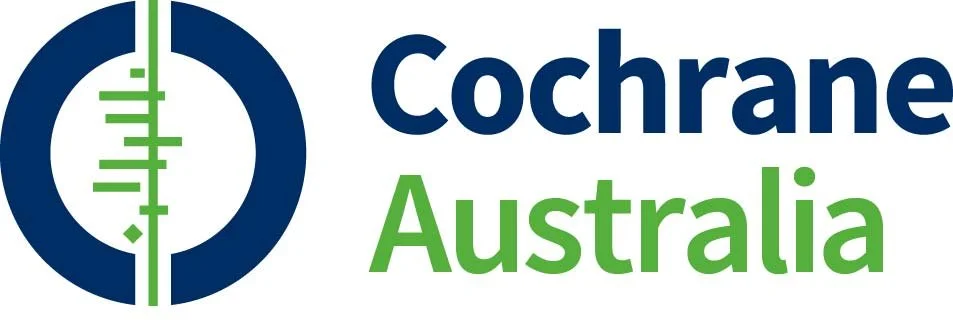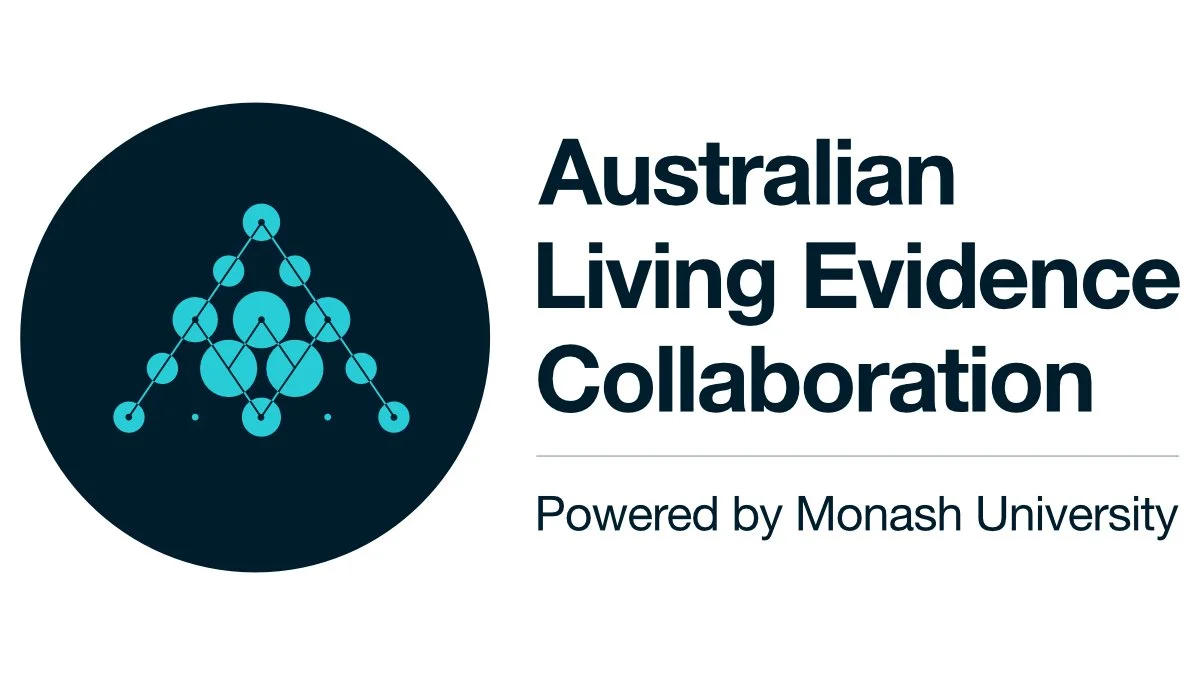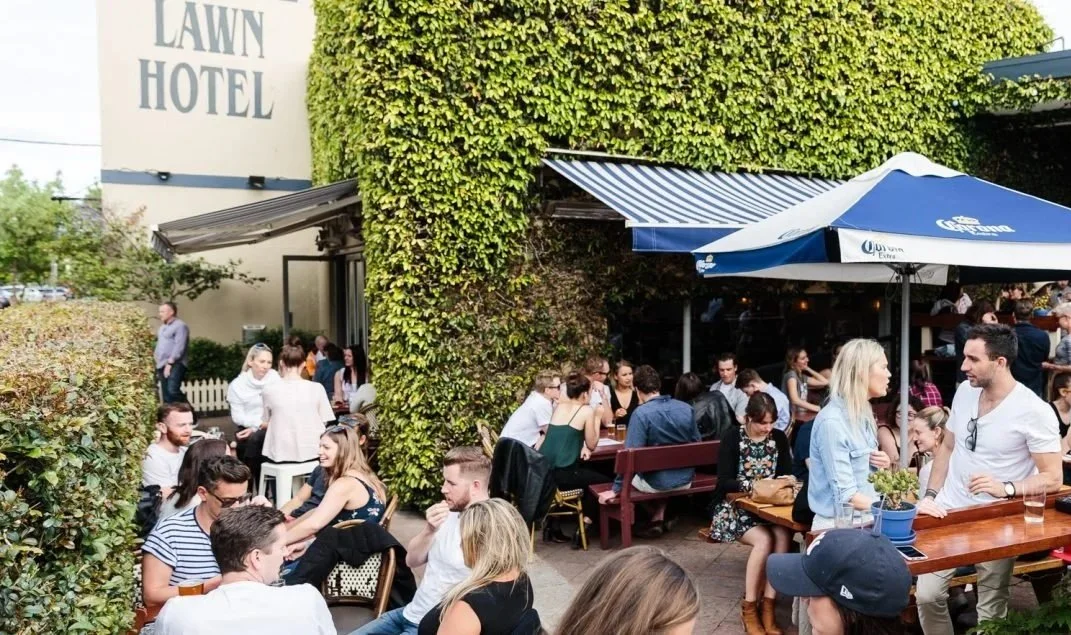Living Evidence 2026
Living guidelines workshop | Living evidence symposium | AI & Guidelines
16 – 18 February 2026
Monash University School of Public Health and Preventive Medicine
553 St Kilda Road, Melbourne
MONDAY 16 FEBRUARY
LIVING GUIDELINES WORKSHOP
TUESDAY 17 FEBRUARY
LIVING EVIDENCE SYMPOSIUM
WEDNESDAY 18 FEBRUARY
AI & GUIDELINES
Living guidelines workshop: what, when and how
Monday 16 February | 10am - 5pm (SOLD OUT)
Venue: Ground floor, 553 St Kilda Rd, Melbourne
Download the program here.
Living guidelines have come a long way in a short time.
As guideline groups grapple with the limitations of traditional guidelines, the appeal of guidelines that are continually updated with new evidence has grown in popularity. The living approach encompasses a dynamic process of updating recommendations, context and scope, helping to overcome issues inherent in traditional guidelines by ensuring that the evidence base and supporting information remains up to date.
This workshop is aimed at individuals with some experience in developing clinical guidelines and who are considering either developing a new living guideline or transitioning a traditional guideline into living mode. Content will cover differences between traditional guidelines and living guidelines, with a specific focus on updating a living recommendation, maximising applicability and impact of a living guideline, and staying dynamic, responsive and adaptive. At the end of the workshop, participants will better understand the differences between traditional and living guidelines, the methods and processes used to develop and maintain a living guideline, as well as resource implications.
The workshop is hosted by the Australian Living Evidence Collaboration (ALEC) and led by Heath White, Director of Evidence & Methods for ALEC. Any questions? Please email heath.white@monash.edu
*Tickets for this workshop have sold out so registration is now closed.
Living Evidence Symposium
Tuesday 17 February | 9.30am - 5pm
Venue: Ground floor, 553 St Kilda Rd, Melbourne
Program: visit Living Evidence 2026 Program or download the Program PDF
As evidence synthesists and guideline developers, we strive to produce evidence that is timely, up to date and reliable. Living evidence emerged out of the need to keep pace with the acceleration in research output but must continually adapt to tackle new and emerging challenges in evidence synthesis. In this day-long symposium, we have brought together global experts to address some of these key challenges and demonstrate how living evidence can be implemented to enhance the impact of our work.
Themes of the symposium include:
Integrating artificial intelligence in guideline development and evidence synthesis
Ensuring research integrity in rapidly evolving landscapes
Advancing methodologies to underpin living guidelines and living evidence
Enhancing impact: implementing living evidence
Whether you're a methods researcher, guideline developer, policymaker, clinician or tech enthusiast, this event offers a great opportunity to engage, share experiences and learn about what's new and exciting in the world of living evidence.
Any questions? Please email steve.mcdonald@monash.edu
Standard in-person registration: $150
Student in-person registration: $125
Speakers & sessions
-
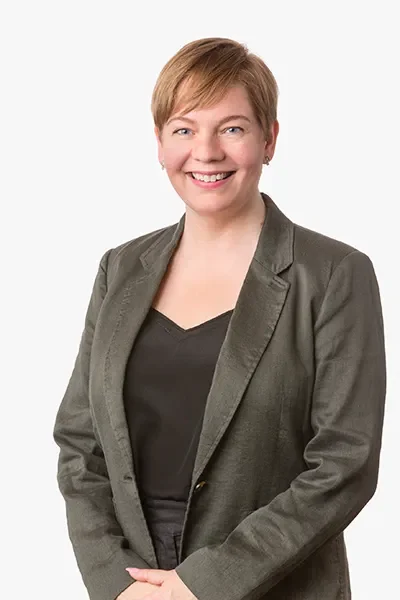
Britta Tendal Jeppesen
Britta is the Chief Scientist at Future Evidence Foundation and an adjunct associate professor at Monash University.
Topic: Do Guidelines dream of electric evidence?
-

Heath White
Heath is the Director of Evidence and Methods at the Australian Living Evidence Collaboration (ALEC).
Topic: Redefining "evidence" in the context of living guidelines
-

Ben Mol
Ben leads the Evidence-based Women’s Health Care Research Group in the Department of Obstetrics & Gynaecology at Monash University.
Topic: Research integrity: now we have the data, but are they true?
-

Melissa Brouwers
Melissa is the Director of the School of Epidemiology and Public Health at the University of Ottawa, Canada.
Topic: It’s time for an update: AGREE III, the next iteration of guideline appraisal.
-

Rebecca Hodder
Rebecca is an NHMRC Early Career Research Fellow at the School of Medicine and Public Health at the University of Newcastle.
Topic: Living systematic reviews: alive and well after 7 years?
-

Darren Rajit
Darren is completing his PhD at the Monash Centre for Health Research and Implementation (MCHRI) focusing on learning health systems, complexity and tech.
Topic: AI-enabled evidence surveillance and screening for living guidelines: swings and roundabouts
-
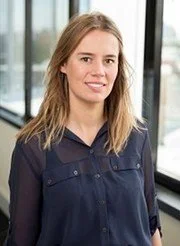
Lene Seidler
Lene holds positions at the University of Sydney and University of Rostock, Germany and leads Cochrane's Prospective Meta-Analysis Methods Group.
Topic: Synergies between prospective and living reviews, and living evidence surveillance systems
-

Barbara Nussbaumer-Streit
Barbara is a Professor for Methods Research in Evidence Synthesis at the University of Krems and leads Cochrane Austria.
Topic: Using AI to improve efficiency of evidence synthesis: possibilities and practicalities
-

Anneliese Synnot
Anneliese is a Senior Research Fellow and leads the lived experience engagement portfolio for the Australian Living Evidence Collaboration (ALEC).
Topic: Lived experience involvement in living evidence: new possibilities
-
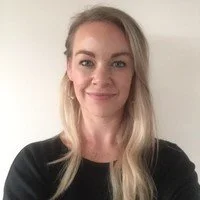
Tanya Millard
Tanya is a Senior Research Fellow and leads the evaluation and prioritisation research portfolio at the Australian Living Evidence Collaboration (ALEC).
Topic: Living evaluations for living guidelines
-

David Tunnicliffe
David is a Senior Research Fellow at the University of Sydney and Scientific Director of the CARI Guidelines (Caring for Australian and New Zealanders with Kidney Impairment).
Topic: Beyond adoption: adding value to international guidelines from Australia and New Zealand
-

Zachary Munn
Zac is Professor and the founding Director of Health Evidence Synthesis, Recommendations and Impact (HESRI) in the School of Public Health at the University of Adelaide.
Topic: The evidence synthesis taxonomy initiative and managing diverse types of evidence synthesis
-

Sue Brennan
Sue is the founding Director of the Melbourne GRADE Centre and Senior Research Fellow in evidence synthesis methods at Cochrane Australia.
Topic: Integrating randomised and non-randomised evidence: new GRADE guidance and implications for living guidelines
-
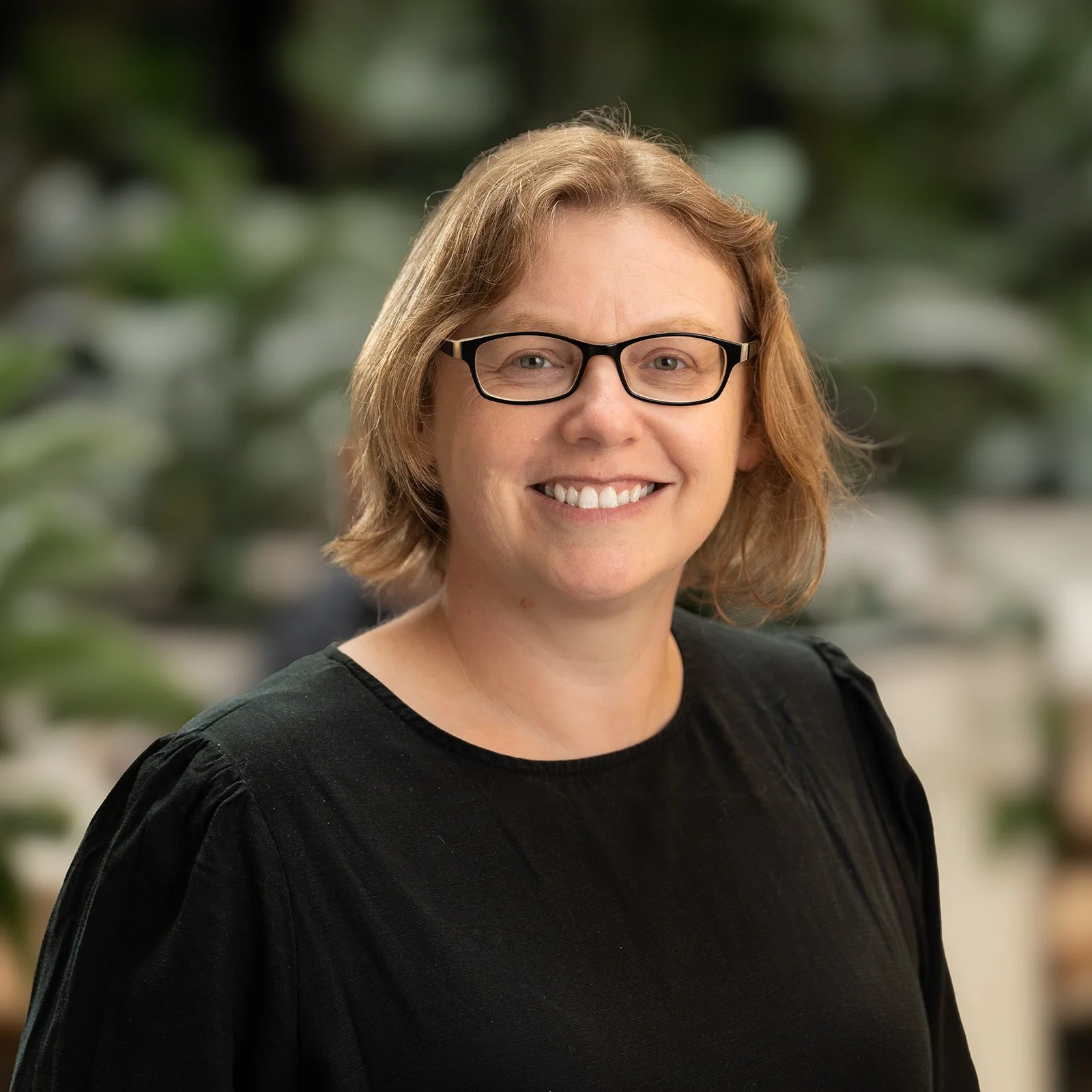
Miranda Cumpston
Miranda is the Guidelines Program Manager at the Australian Living Evidence Collaboration (ALEC) and Co-Director of Cochrane's international Planetary Health Thematic Group.
Topic: Innovative approaches to develop and scale up guidelines for better Planetary Health
-
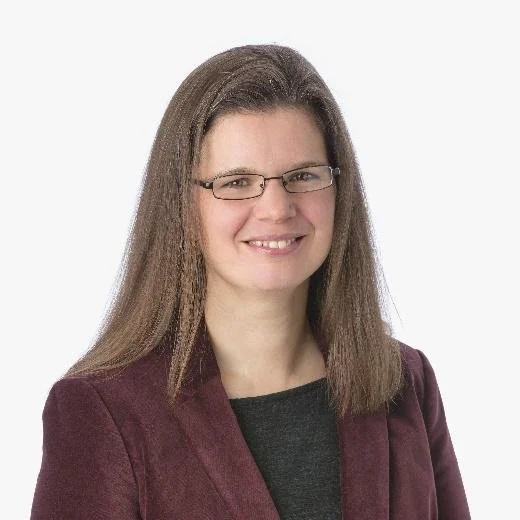
Tari Turner
Tari is Director of the Australian Living Evidence Collaboration (ALEC) and a Professor (Research) at Cochrane Australia.
Topic: Moving beyond living evidence: why living evidence is not enough & how we can get the evidence we actually need
Social event
Tuesday 17 February | 5.30 - 9pm
Venue: College Lawn Hotel | 36 Greville St Prahran 3181
Join us for a frosty beverage post-symposium to discuss the highlights from the day and catch up with fellow participants in the (hopefully) sunny beer garden of the College Lawn Hotel. It’s just a short stroll from our symposium venue.
AI in Guidelines: An Australian Lens
Wednesday 18 February | 9am - 4.30pm
(In person session sold out - online morning session available)
Venue: Ground floor, 553 St Kilda Rd, Melbourne
The use of artificial intelligence (AI) in guideline development is rapidly expanding, offering opportunities to improve efficiency, transparency, and quality. In this workshop, we’ll explore what AI can realistically offer, where it fits into the Australian guideline landscape, and how to ensure its use remains ethical, evidence-informed, and people-centred.
Participants will hear from leading experts, policy-makers, and practitioners actively shaping the future of AI in guideline development. Together, we’ll discuss, explore and debate a shared vision for how AI should support human expertise and judgement in health guidance.
Organised by the Guideline International Network Australian and New Zealand Regional Group (GIN-ANZ) and supported by JBI and NHMRC.
Download the program here.
Any questions? Please email danielle.pollock@adelaide.edu.au
Registration:
Tickets for in-person attendance at this event have sold out. However, if you’d like to attend online (morning session only from 9am-12.30pm), please complete and submit this form. If you're having trouble accessing the form, please contact us directly at cochrane@monash.edu. We will send you an invitation with a Zoom link a few days before the meeting, and you can join us online (free of charge).
The images featured for each event above are artists’ illustration of artificial intelligence (AI) inspired by neural networks used in deep learning. They were created by Novoto Studio as part of the Visualising AI project launched by Google DeepMind and are all available royalty free on Unsplash.
Keep up with all things Cochrane Australia - subscribe to our newsletter to receive quarterly round-ups of all the latest news and reviews from around the country and beyond.


